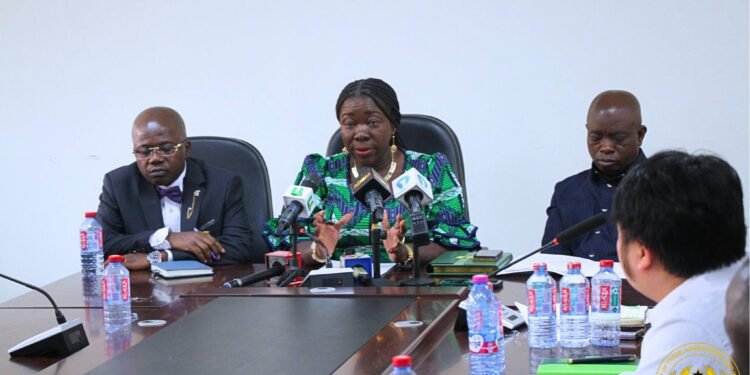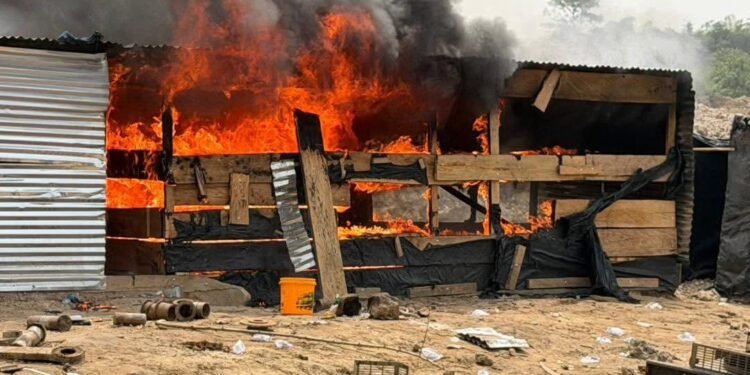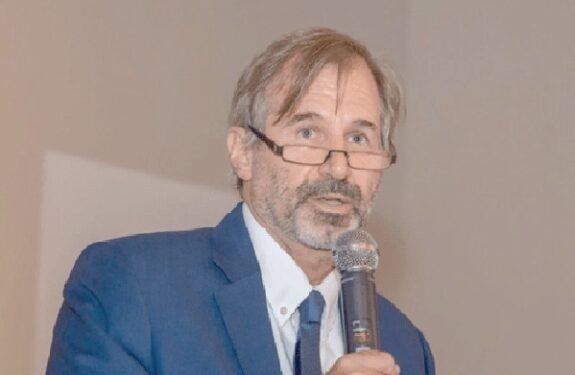In a renewed diplomatic push to resolve Sudan’s spiraling conflict, U.S. Deputy Secretary of State Christopher Landau met with envoys from key regional powers, emphasizing Washington’s position that the war cannot be resolved through military means.
The high-level meeting, also attended by Senior Advisor for Africa Massad Boulos, brought together Ambassador Yousef Al Otaiba of the United Arab Emirates (UAE), Ambassador Reema bint Bandar Al Saud of Saudi Arabia, and Ambassador Motaz Zahran of Egypt.
According to U.S. State Department Spokesperson Tammy Bruce, Landau warned that the Sudanese crisis “threatens shared interests in the region and has created a humanitarian crisis.” He firmly reiterated the U.S. view that “the conflict is not amenable to a military solution.”
As the violence between the Sudanese Armed Forces (SAF) and the paramilitary Rapid Support Forces (RSF) enters its second year, the United States has grown increasingly vocal about the need for a political resolution. Landau stressed the importance of the Quad countries — comprising the U.S., UAE, Saudi Arabia, and Egypt — working in concert to “persuade the warring parties to cease hostilities and reach a negotiated solution.”
The statement also reaffirmed the U.S. commitment to partnering with Quad members on addressing the crisis, while reviewing potential next steps in the peace process.

Humanitarian Crisis Deepens In Sudan Conflict
The Sudan conflict, which erupted in April 2023, has led to widespread devastation, displacing millions and pushing regions of the country to the edge of famine. The fighting between SAF and RSF has fractured the nation, drawing in outside actors and complicating diplomatic mediation efforts.
Attempts at forming a unified international approach have repeatedly stalled. A London meeting hosted by the United Kingdom earlier this year aimed at rallying global consensus failed to produce a joint declaration. Sources revealed that disagreements between Egypt, Saudi Arabia, and the UAE over the language of the final statement ultimately derailed efforts.
These diplomatic divergences reflect deeper strategic rifts. Egypt and Saudi Arabia continue to support the Sudanese state and its military institutions, opposing any attempts to create a rival government within RSF-controlled areas. Conversely, the UAE has voiced its support solely for a civilian-led government and has not commented on the RSF’s reported plans to form an alternative administration.
Adding to the unease, the June 2, 2025, statement issued by the Gulf Cooperation Council (GCC) Ministerial Council in Kuwait made no mention of Sudan — an omission seen by observers as a sign of ongoing discord among key players.
The GCC communiqué did, however, reaffirm consensus on numerous other geopolitical hotspots, including Gaza, Yemen, Syria, Iraq, Libya, Lebanon, Somalia, Afghanistan, and even the India-Pakistan conflict and the Russia-Ukraine war. Sudan’s absence from that list struck a chord, especially given its deteriorating humanitarian conditions.
Washington’s recent engagement with Quad ambassadors underscores its determination to reignite dialogue and encourage cohesive action, even as partners in the region appear divided over the path forward.
As Sudan’s war continues with no sign of military resolution, the United States appears intent on pressing its regional allies toward one clear objective — negotiated peace.
READ ALSO: Governor Asiama Targets Lending Rate Below 10% Within Next 4 Years























